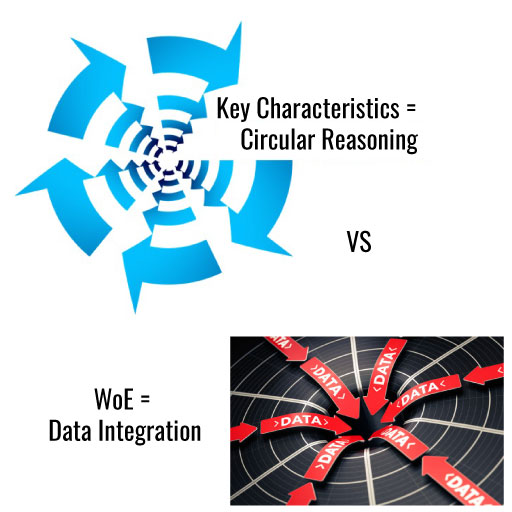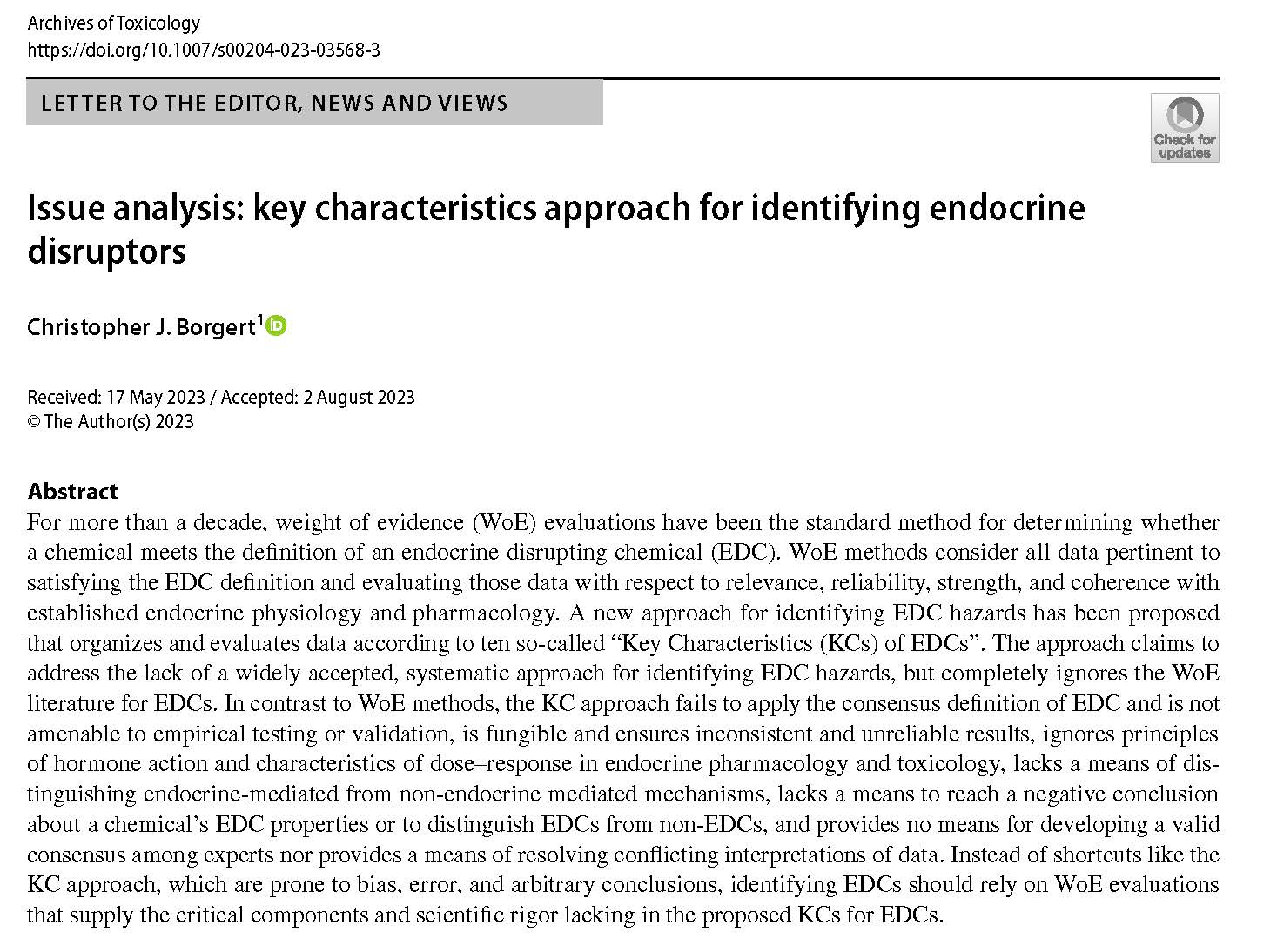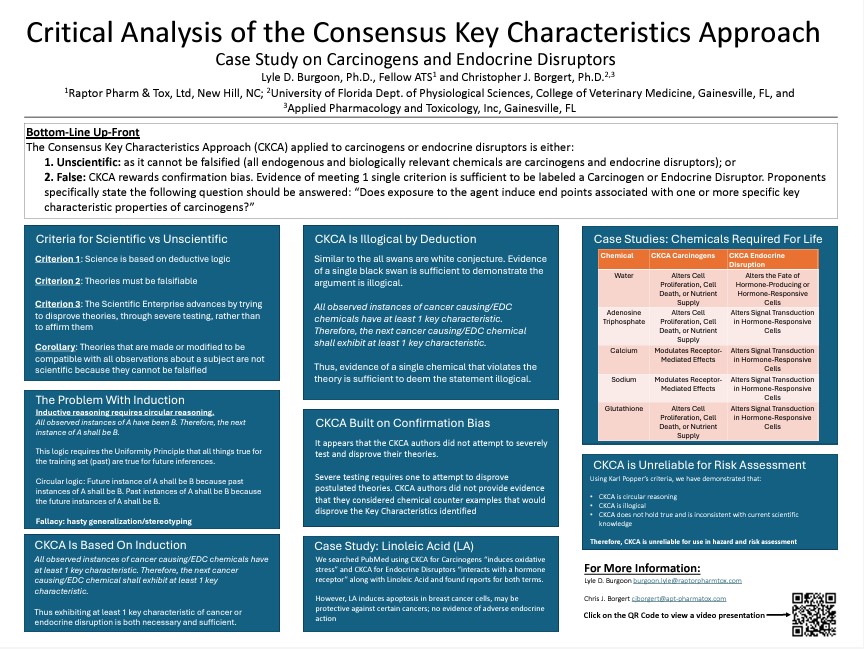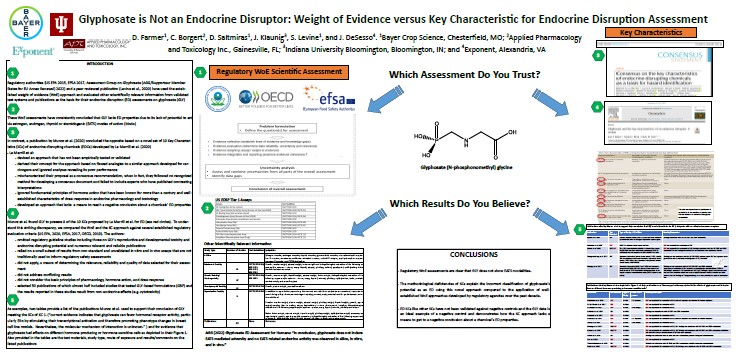Spotlight:
Critical Evaluation of The Key Characteristics Approach
Introduction to The Key Characteristics Approach
In this Spotlight, the Endocrine Policy Forum examines the Key Characteristics (KC) approach and explains how it fits into the scientific and regulatory landscape for Endocrine Disrupting Chemicals (EDCs).
The KC approach is a newly-proposed way to identify EDCs based on whether chemicals have been reported to elicit responses in various laboratory assays. In an attempt to “avoid a narrow focus on specific [endocrine] pathways,” the KC approach lumps together all endocrine pathways under ten general types of laboratory results. Unfortunately, the KC approach also avoids much of what has been learned about endocrine biology over the last century and it circumvents the tried-and-tested scientific method of hypothesis testing employed in Weight of Evidence (WoE) methods, which are required by many regulatory agencies, including the U.S. EPA and the OECD.

Key Characteristics Resources
Issue analysis: key characteristics approach for identifying endocrine disruptors (Publication)
Are Key Characteristics Valid for Identifying Endrocrine Hazards? (Presentation)
Issue analysis: key characteristics approach for identifying endocrine disruptors
This 2023 publication provides a broad, conceptual evaluation and critique of the Key Characteristics Approach as applied to EDCs.
Critical Analysis of the Consensus Key Characteristics Approach
The Consensus Key Characteristics Approach (CKCA) applied to carcinogens or endocrine disruptors is either unscientific or false. It cannot be falsified, and it rewards confirmation bias. Meeting just one criterion is enough to be labeled a Carcinogen or Endocrine Disruptor. Proponents ask if exposure to the agent induces end points associated with specific key characteristic properties of carcinogens.
Glyphosate is Not an Endocrine Disruptor: Weight of Evidence vs Key Characteristics for Endocrine Disruption Assessment
This presentation was given at the Birth Defects Research and Prevention 2022 Annual Meeting and uses a publication by Muñoz et al. (2020) to illustrate why the Key Characteristics Approach is inappropriate for evaluating EDCs.



